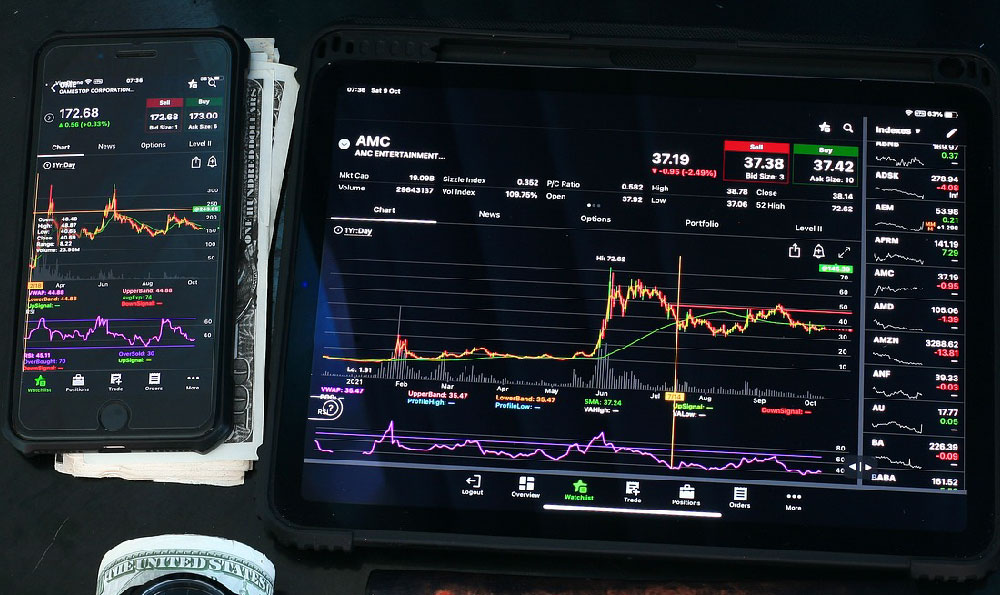In the confines of a prison, the ability to earn money through legal channels is a topic that often sparks curiosity and debate. While imprisonment typically restricts an individual's freedom to work outside the facility, there are structured opportunities for inmates to generate income within the prison system. These options not only provide financial stability but also serve as a means to foster discipline, purpose, and potentially even pathways toward rehabilitation. Understanding the nuances of these legal avenues requires a closer look at the mechanisms in place, the types of work available, and the broader implications for an inmate's well-being and future prospects.
One of the most prevalent forms of legal income generation in prison is through participation in work programs. These initiatives, designed to rehabilitate inmates and reduce recidivism, offer employment opportunities within the institution. Correctional facilities often maintain workshops and labor divisions that cater to a range of vocational skills, such as food processing, sewing, carpentry, and even digital training. Inmates who engage in these programs are typically compensated with a fixed hourly wage, which varies by jurisdiction and facility. For example, in some U.S. states, the minimum wage for inmates working in institutional labor is set at a fraction of the standard rate, but it still provides a basic income that can be used to improve living conditions within the prison. The wage may also be tied to factors like the complexity of the task, the level of skill required, and the inmate's performance in the program.
Another avenue for earning within prison is the possibility of receiving compensation through external means. Inmates are often allowed to send and receive letters, which can be used to maintain contact with family and friends. This communication can facilitate access to financial support, as loved ones may send care packages or funds to assist with basic needs. Additionally, some prisons permit inmates to participate in approved online activities, such as e-commerce or educational courses, which can provide limited income opportunities. In certain cases, inmates may also be eligible for small stipends or allowances, particularly if they have received recognition for outstanding behavior, academic achievements, or participation in educational programs. These stipends are typically managed by prison authorities and may be contingent on meeting specific criteria outlined in the institution's policies.

Beyond direct employment, there are also indirect ways for inmates to gain economic benefits. For instance, completing certain educational certifications or vocational training programs can lead to the development of marketable skills, which may be useful upon release. In some jurisdictions, inmates who participate in educational initiatives are granted access to financial incentives or reduced sentences as a form of recognition. Furthermore, maintaining good behavior and adhering to prison rules can result in privileges that allow inmates to engage in more opportunities for earning, such as access to work programs or better living conditions. These privileges often serve as a form of reward and can contribute to an inmate's overall motivation to improve their circumstances.
The psychological and physical aspects of earning within prison are also worth considering. Engaging in work can provide a sense of purpose and structure, which is crucial for mental health in a confined environment. It can also help reduce stress and prevent the development of harmful behaviors. Additionally, the physical benefits of labor, such as increased mobility and better health, can be significant for inmates who may struggle with sedentary lifestyles. Work programs often emphasize the importance of maintaining a healthy routine, which can have long-term benefits for an inmate's well-being and reintegration into society.
However, it is essential to recognize the limitations and challenges that accompany these opportunities. In some cases, the income generated through prison work may be minimal, and the disparity between the wages of inmates and the salaries of prison staff can be stark. This gap can be a source of frustration for those who are eager to contribute to their own support. Moreover, the opportunities for earning may be restricted by factors such as the availability of resources, the specific policies of the facility, and the administrative discretion of prison authorities. These constraints mean that not all inmates may have equal access to income-generating activities, and the effectiveness of these programs can vary significantly.
In conclusion, while the ability to earn money within prison is not limitless, there are legal means that can provide financial benefits to incarcerated individuals. These include participation in work programs, receiving financial support from family, and accessing educational opportunities that may lead to future employment. The impact of these resources is multifaceted, influencing an inmate's mental and physical health, sense of purpose, and potential for successful reintegration into society. Understanding these dynamics is crucial for anyone interested in the intersection of imprisonment and economic opportunity, as it highlights the role of structured support in fostering positive change within a challenging environment.












